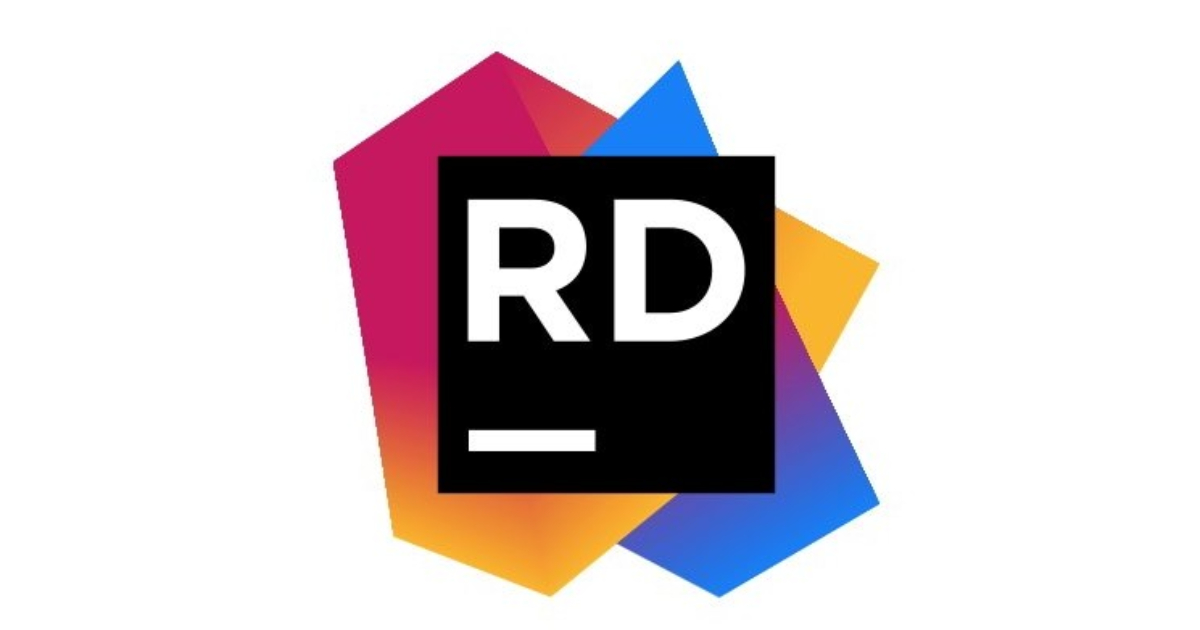
MMS • Robert Krzaczynski
Article originally posted on InfoQ. Visit InfoQ

JetBrains announced a significant change to its licensing model for Rider, making it free for non-commercial use. Users can now access Rider at no cost for non-commercial activities, including learning, open-source project development, content creation, or personal projects. This update aims to enhance accessibility for developers while commercial clients will still need to obtain a paid license.
In order to take advantage of the new non-commercial subscription, installing Rider is necessary. Upon opening the program for the first time, a license dialog box will appear. At that point, the option for non-commercial use should be selected, followed by logging in to an existing JetBrains account or creating a new one. Finally, acceptance of the terms of the Toolbox Subscription Agreement for Non-Commercial Use is required.
Developers asked whether the non-commercial license for Rider would be “free forever or for a limited time.” JetBrains clarified that the non-commercial license is available indefinitely. Users will receive a one-year license that automatically renews, allowing them to use Rider for non-commercial projects without interruption.
Furthermore, several questions have arisen regarding the licensing details. One concern came from user MrX, who asked how the licensing applies to game development:
How does that work if someone is making a game with it? Can they technically use it for years and only need to start a subscription if they’ve actually released something to sell?
In response, JetBrains explained that any user planning to release a product with commercial benefits, whether immediately or in the future, should use a commercial license.
Another community member, Pravin Chaudhary, shared doubts about changing project intentions:
Plans can change, no? I may have a side project that I will make commercial only if it gets enough traction. How to handle such a case?
JetBrains addressed this by stating that users would need to reevaluate their licensing status if their project goals shift from non-commercial to commercial.
Following the announcement, community feedback has been positive. Many developers have expressed excitement about the implications of this licensing change. Matt Eland, a Microsoft MVP in AI and .NET, remarked:
This changes the paradigm for me as someone supporting cross-platform .NET, particularly as someone writing .NET books primarily from a Linux operating system. I now have a lot more comfort in including Rider screenshots in my content now that I can easily point people to this as a free non-commercial tool.
For more information about this licensing change, users can visit the official JetBrains website.